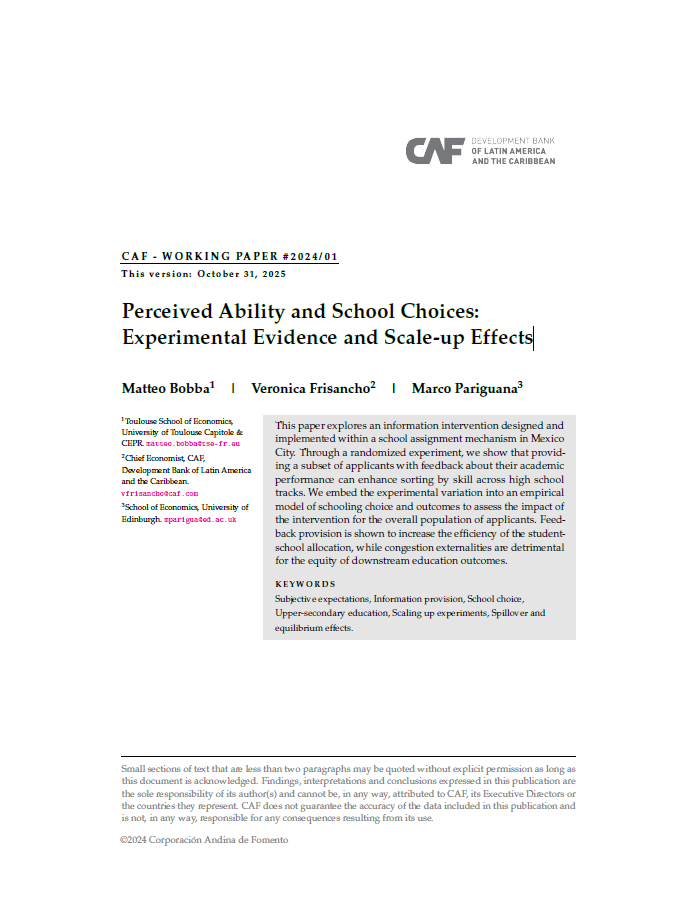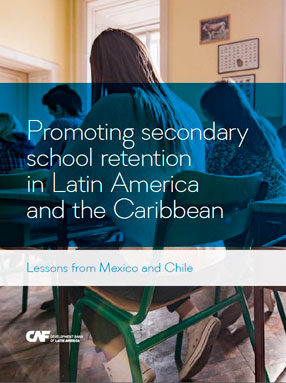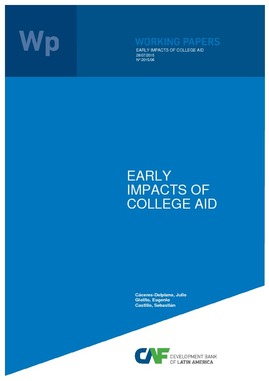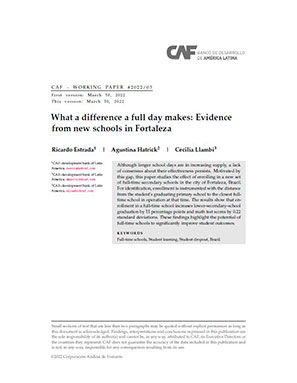Perceived Ability and School Choices: Experimental Evidence and Scale-up Effects
Resumen
This paper explores an information intervention designed and implemented within a school assignment mechanism in Mexico City. Through a randomized experiment, we show that providing a subset of applicants with feedback about their academic performance can enhance sorting by skill across high school tracks. We embed the experimental variation into an empirical model of schooling choice and outcomes to assess the impact of the intervention for the overall population of applicants. Feedback provision is shown to increase the efficiency of the student school
allocation, while congestion externalities are detrimental for the equity of downstream education outcomes.
Materia
País / Región
Fecha
2025-10-31Citar de esta publicación
Item perteneciente a la Colección

Autor
Bobba, MatteoFrisancho, Verónica
Pariguana, Marco
Items Relacionados
Promoting secondary school retention in Latin America and the Caribbean
In Latin America and the Caribbean, more students than ever are entering secondary school — but too many of them never complete this level and successfully ...
Early Impacts of College Aid
We analyze the impact of an expansion in government-guaranteed credit for higher education in Chile on a sample of elementary and high school students. ...
What a difference a full day makes: Evidence from new schools in Fortaleza
Although longer school days are in increasing supply, a lack of consensus about their effectiveness persists. Motivated by this gap, this paper studies ...




